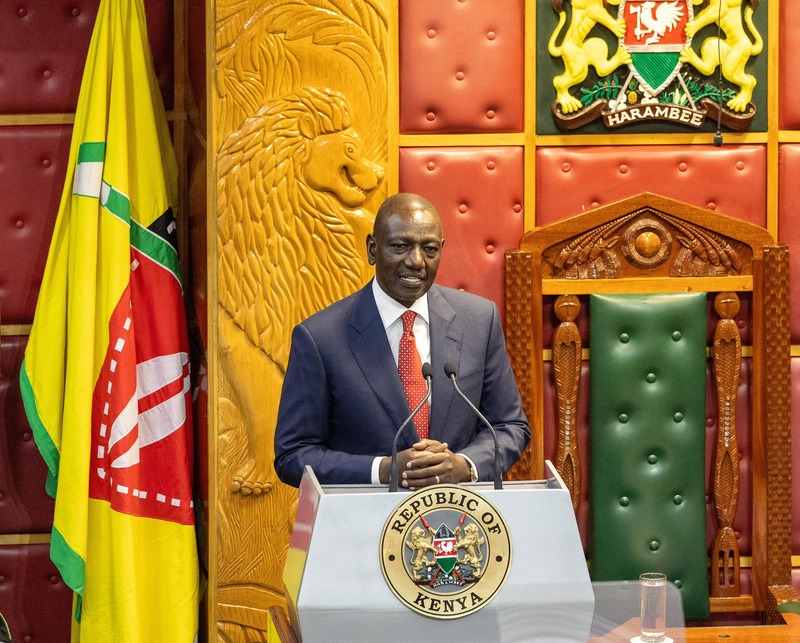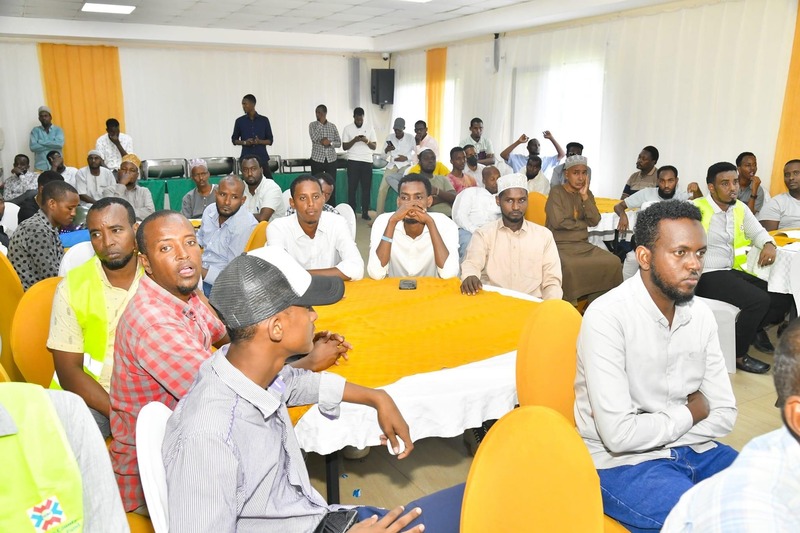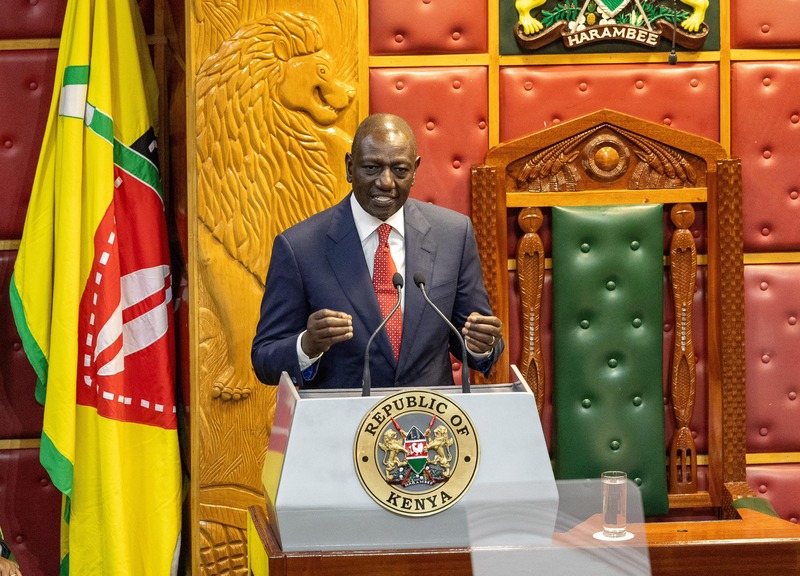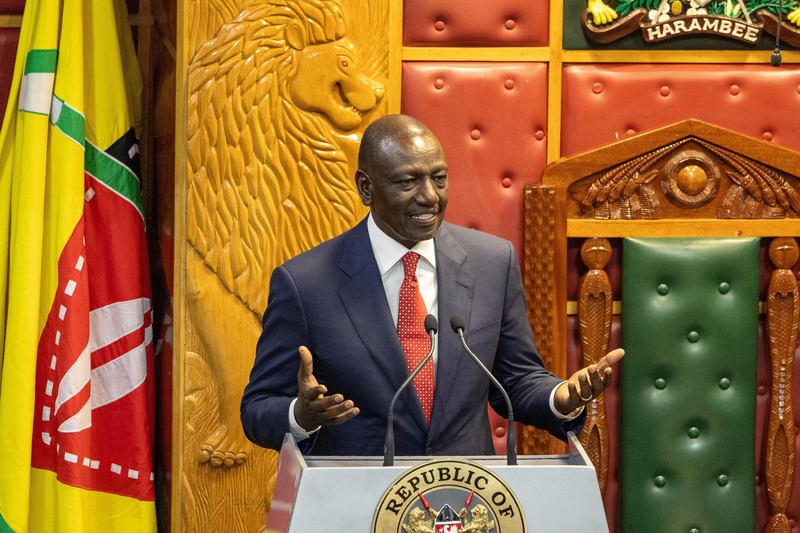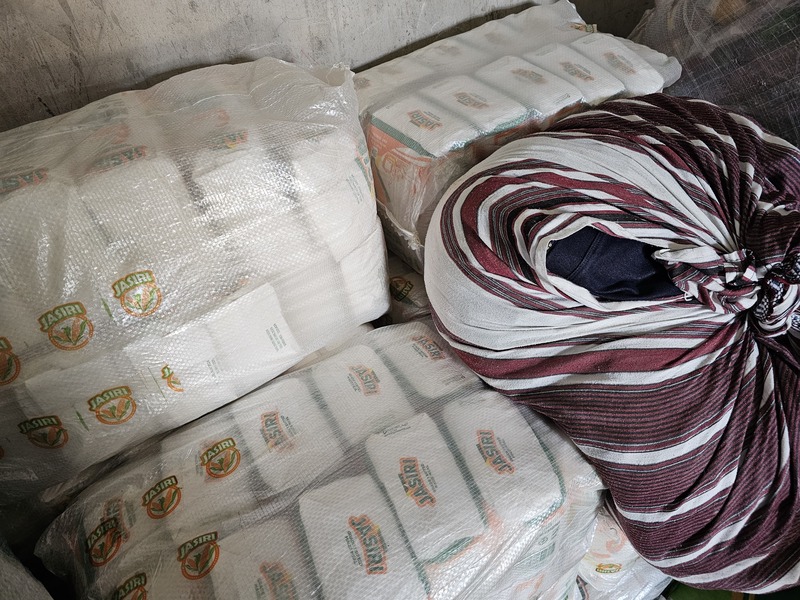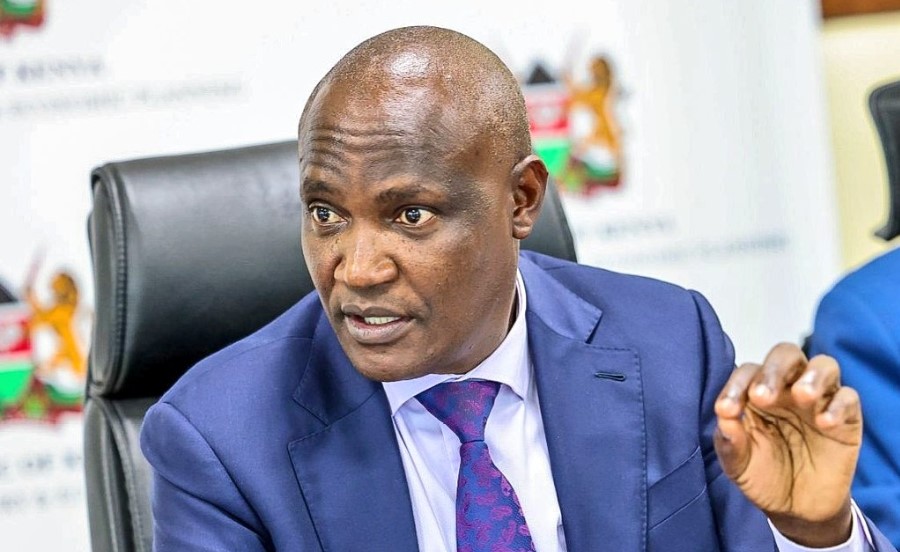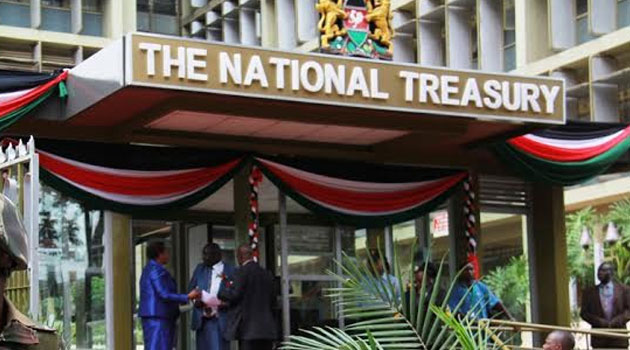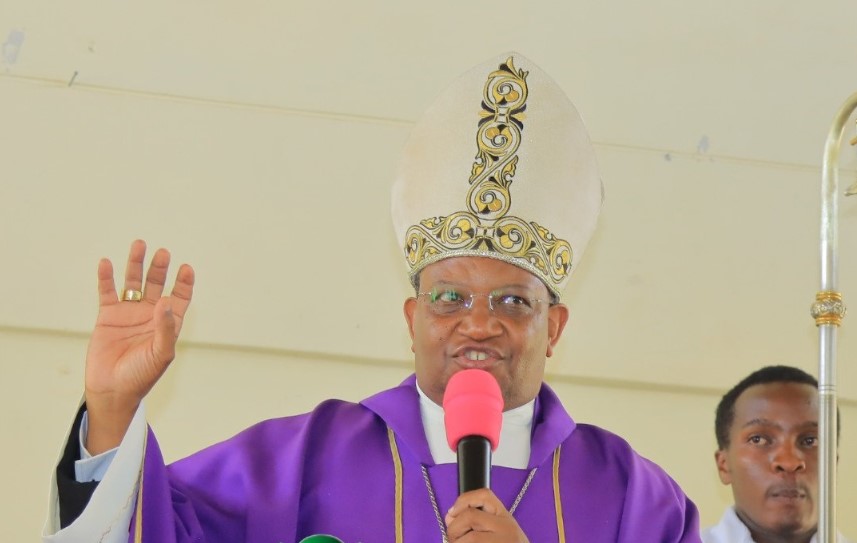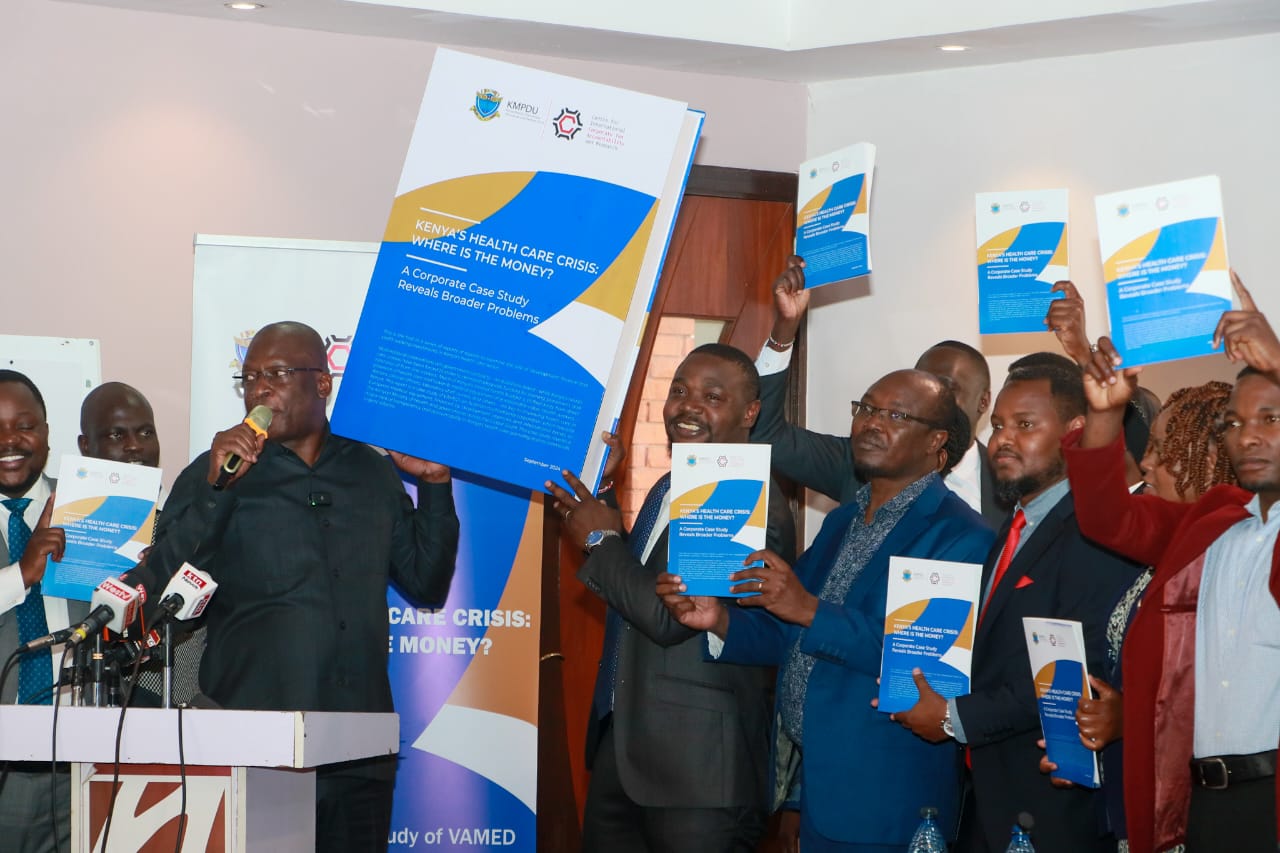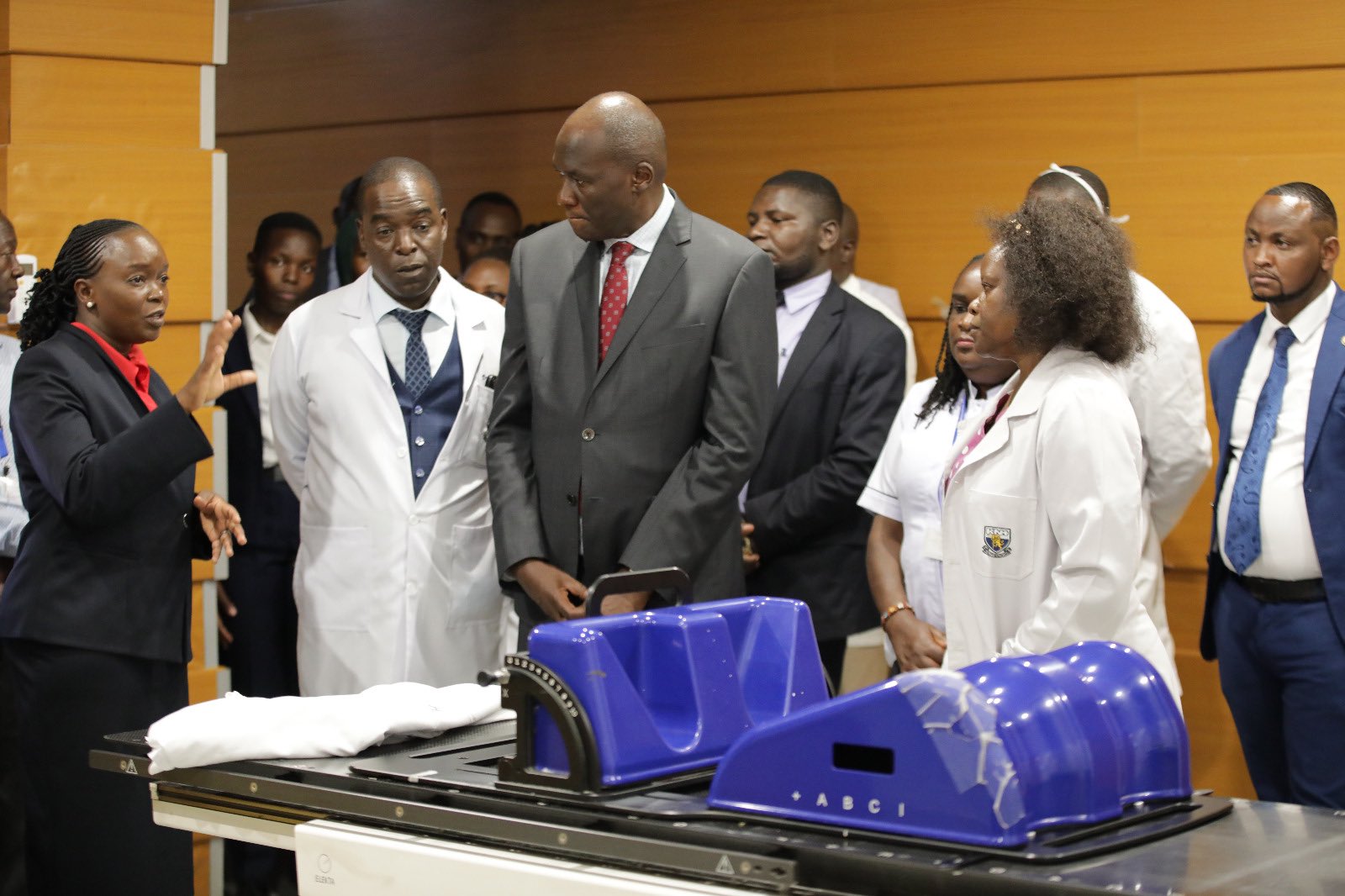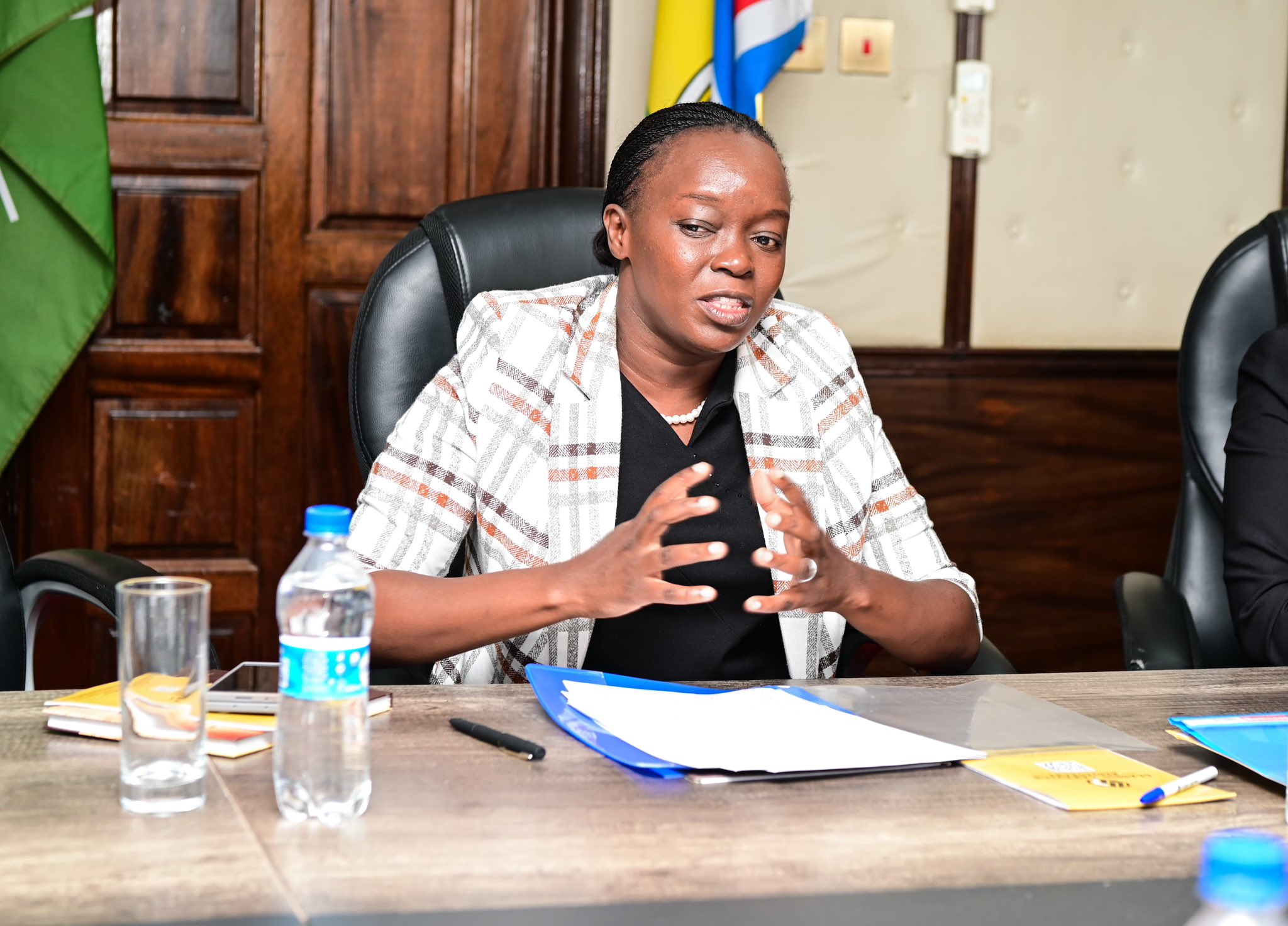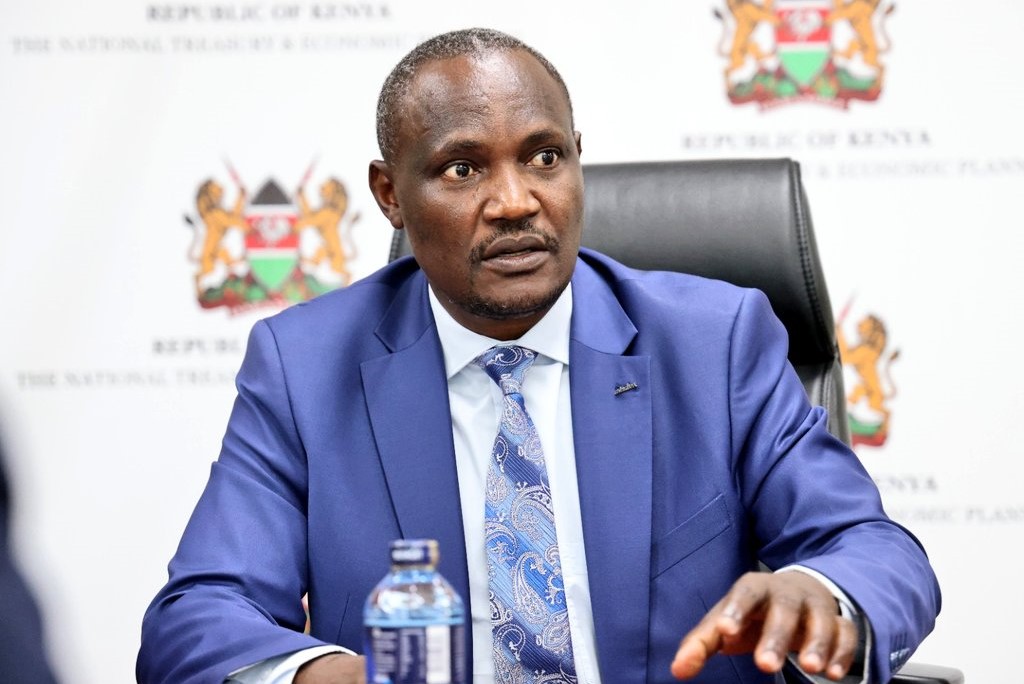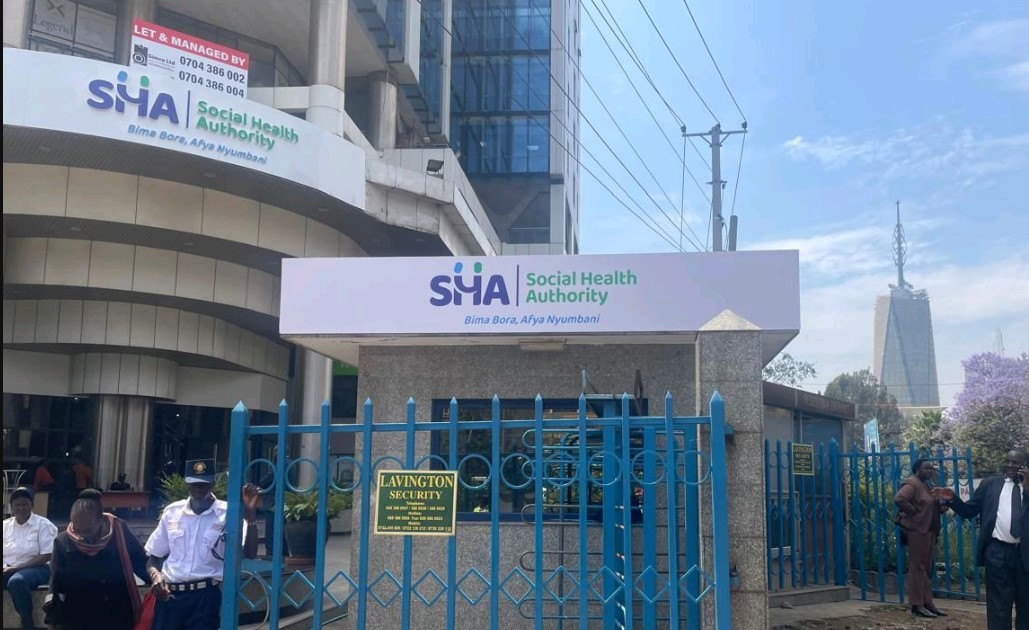Delayed SHA payments push private hospitals in Kenya into financial distress - report
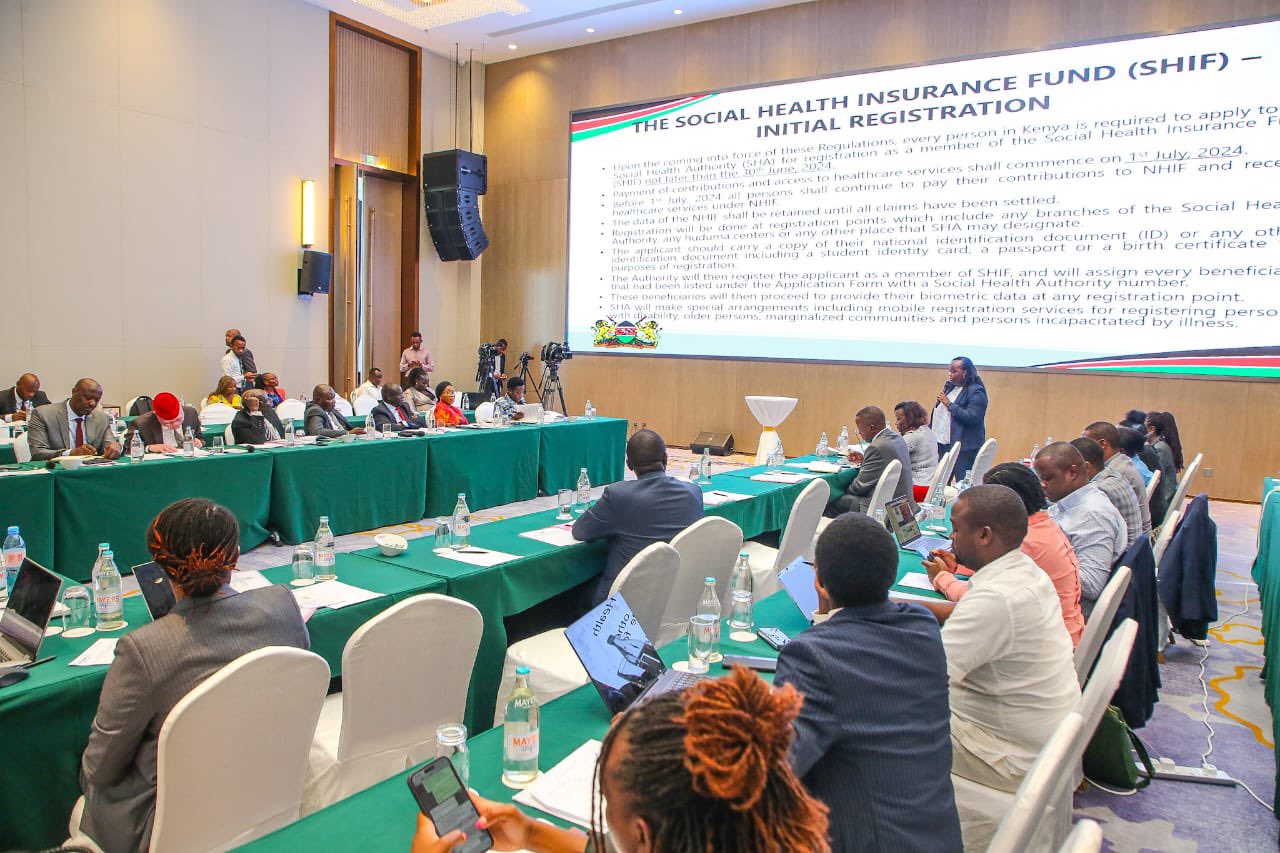
By Lucy Mumbi |
93.8 per cent of private hospitals are unable to cover essential operational expenses such as rent, electricity, and housekeeping, as reimbursements from SHA face significant delays.
The majority of Kenyan private hospitals are struggling to stay afloat due to delayed payments from the Social Health Authority (SHA), a recent survey by the Rural and Urban Private Hospitals Association of Kenya (RUPHA) has revealed.
Conducted between October 28 and 31, the survey found that 93.8 per cent of private hospitals are unable to cover essential operational expenses such as rent, electricity, and housekeeping, as reimbursements from SHA—which manages the new Social Health Insurance Fund (SHIF)—face significant delays.
Keep reading
Financial distress is widespread across healthcare facilities, with nearly 90 per cent of hospitals grappling with payroll and supplier payments, and 75 per cent facing shortages in critical supplies, impacting the quality of patient care.
The survey report emphasised that the financial difficulties stem largely from SHA’s delayed or insufficient payments.
"The survey findings reveal severe financial distress among healthcare facilities in Kenya, primarily driven by delayed or insufficient payments from the SHA. Nearly all facilities reported substantial difficulties, particularly in covering operational and payroll expenses, maintaining supplies, and servicing debt obligations," reads the report.
Claims submitted
According to data available on SHA’s portal, by the end of October, more than 2,598 health facilities had submitted claims totalling Sh1.6 billion.
Private hospitals filed claims amounting to Sh773 million, while public hospitals, faith-based institutions, and community hospitals submitted claims of Sh674 million, Sh204 million, and Sh17,000 respectively.
The survey, which collected responses from 146 healthcare providers across 52 SHA branches, shows the extent of the financial challenges. Among those surveyed, 99 per cent of private hospitals reported experiencing significant financial strain, with only two facilities stating they were unaffected.
"The high level of distress is indicative of broader financial challenges across the healthcare sector, compounded by delayed and insufficient SHA payments," reads the report.
Findings show that 68.9 per cent of hospitals received payments covering less than 10 per cent of their outstanding claims, underscoring severe reimbursement gaps.
Further, nearly 90 per cent reported shortages of essential supplies, limiting their ability to provide adequate patient care. Only about 1.5 per cent of facilities received payments that covered more than 60 per cent of their claims, with 50.8 per cent receiving less than Sh100,000—an amount often inadequate for meeting basic operational costs.
Rupha’s chairperson, Brian Lishenga, called for urgent action to address these payment delays to ensure the continuity of healthcare services in Kenya.
"Addressing these issues is essential to ensure the continuity of quality healthcare services in the country," he said.
Reader comments
Follow Us and Stay Connected!
We'd love for you to join our community and stay updated with our latest stories and updates. Follow us on our social media channels and be part of the conversation!
Let's stay connected and keep the dialogue going!

